
Recommendation
When work teams can’t meet reasonable performance expectations, the problem often turns out to be that the members can't work together in honest, trusting collaboration. As authors Stefano Mastrogiacomo and Alex Osterwalder and designers Alan Smith and Trish Papadakos explain, teams are productive when their members feel psychologically safe and work cooperatively toward a common goal. To facilitate productivity, make sure your work-related activities align, so everyone knows who does what. This practical guide full of often amusing sketches and charts will help anyone who runs a firm, leads a project or works in a team.
Summary
About the Authors
Lead author and management consultant Stefano Mastrogiacomo, a faculty member at the University of Lausanne, Switzerland, designed the Team Alignment Map, the Team Contract and the Fact Finder. Thinkers50 Strategy Award winner Alex Osterwalder also wrote – among other titles – Value Proposition Design and The Invincible Company, both co-authored by Yves Pigneur. Osterwalder invented the Business Model Canvas, the Value Proposition Canvas and the Business Portfolio Map. Creative lead Alan Smith, a designer and entrepreneur, co-founded Strategyzer, where designer Trish Papadakos collaborates.









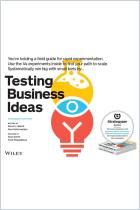


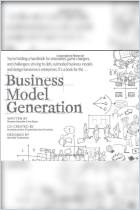
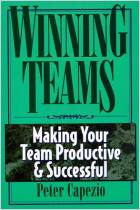
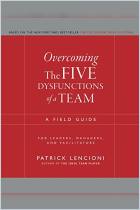
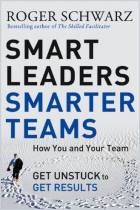
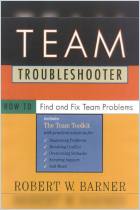
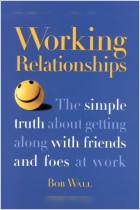
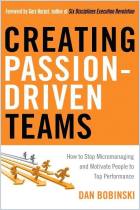







Comment on this summary or Diskussion beginnen